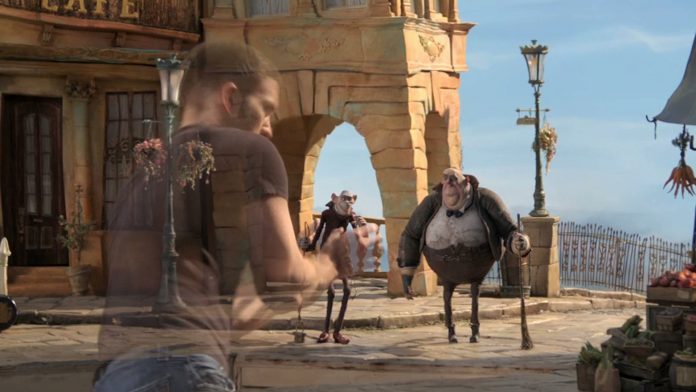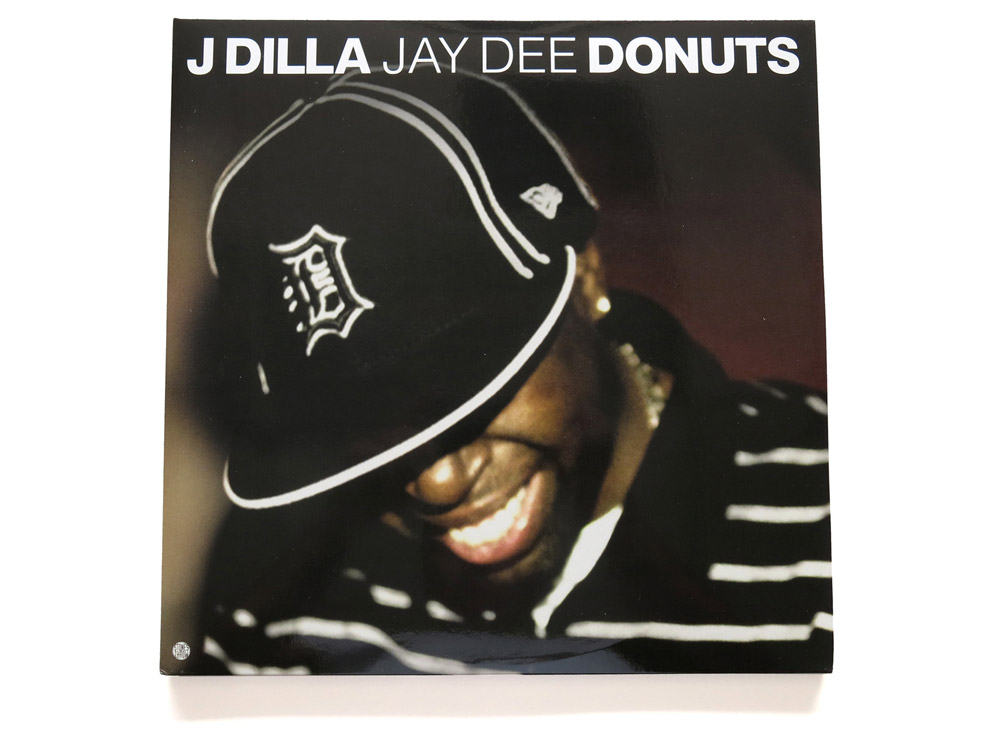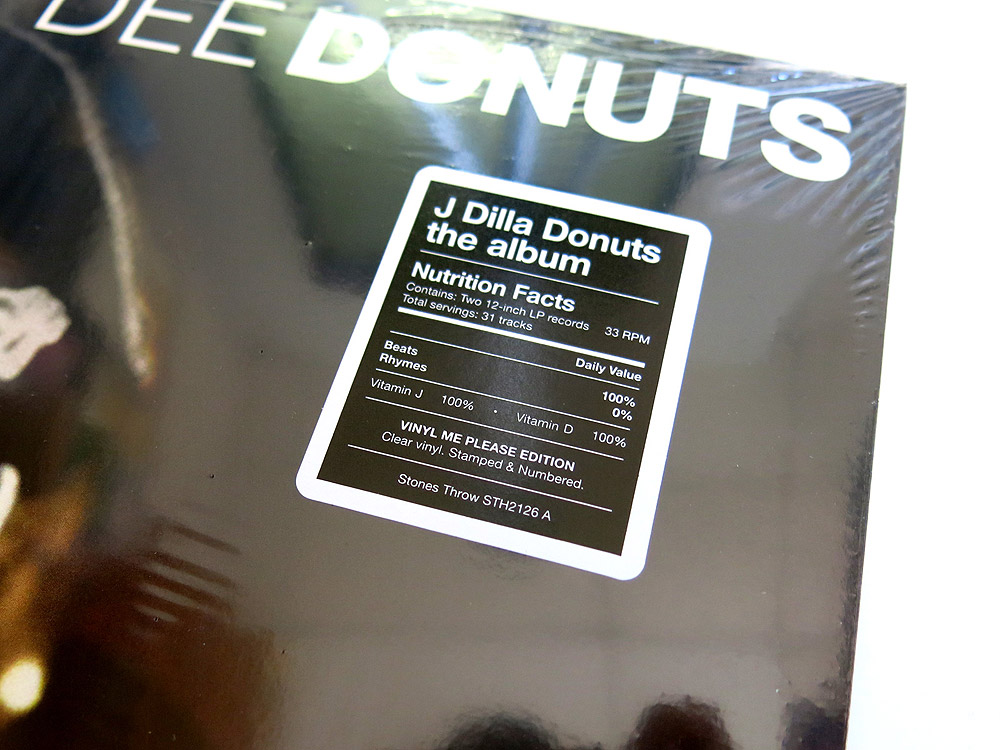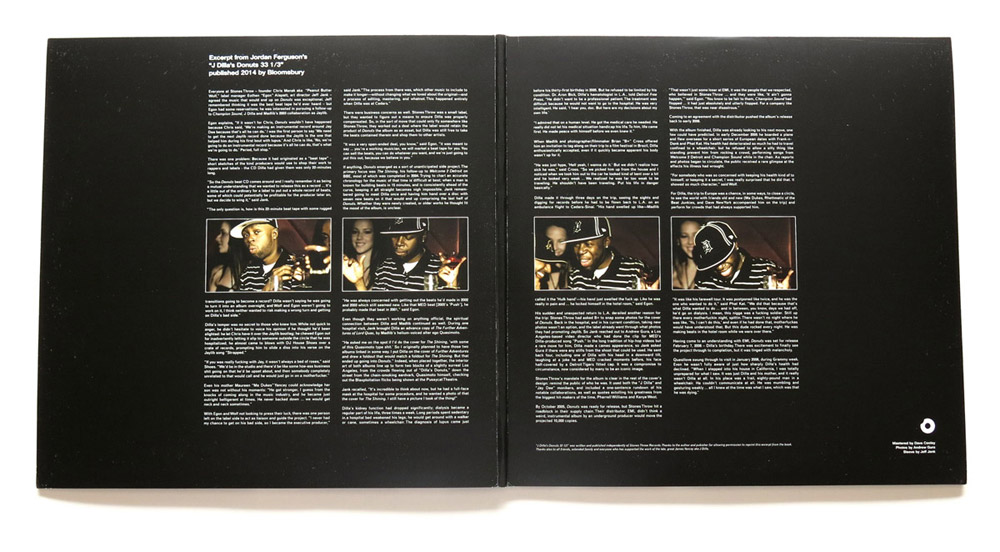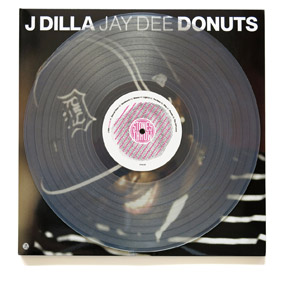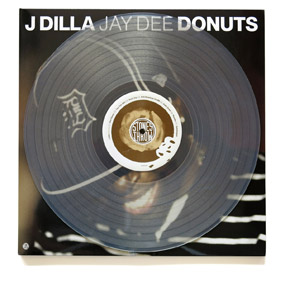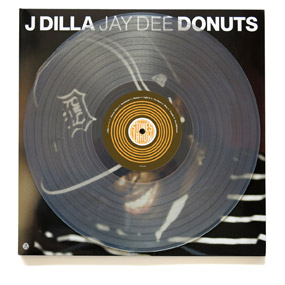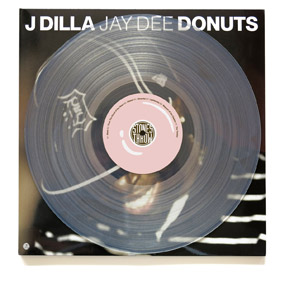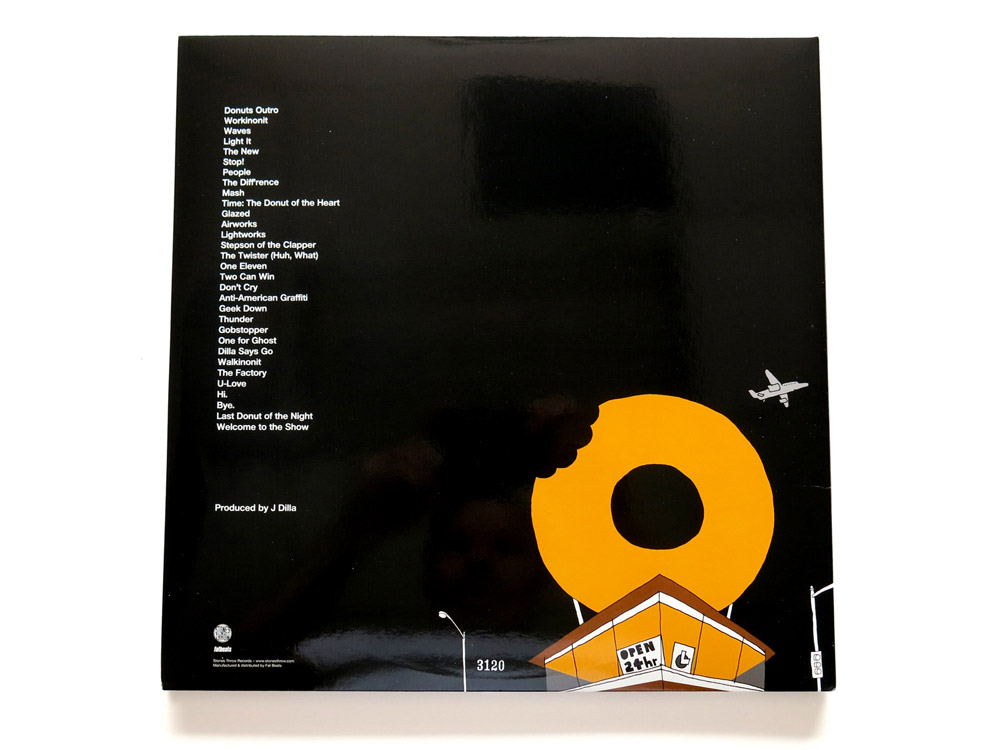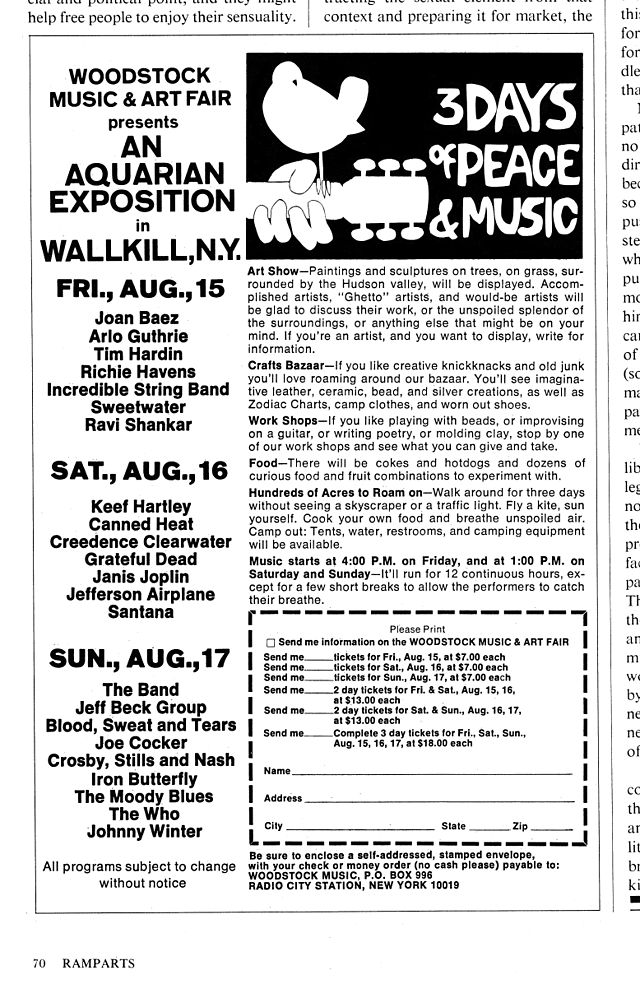Celebrating over 30 years of musical accomplishments, virtuoso lead guitarist Daryl Stuermer of the super-group Genesis and Phil Collins has been touring the world to sold out crowds since 1978.
Discovered while playing with his Milwaukee band, Sweetbottom, guitarist Daryl Stuermer made a fan out of Frank Zappa’s then-keyboardist, George Duke, who set up an audition for Stuermer to try out for acclaimed jazz violinist Jean-Luc Ponty. Stuemer burst into the international music scene, joining Ponty on an European tour and then recording on his four innovative albums. In late 1977, Stuermer was recommended as a replacement for longtime member Steve Hackett for the British progressive rock super-group Genesis, beginning his 30 year “permanent part-time stint” as lead guitarist with Genesis, touring the world to sold-out crowds and performing on seven Genesis albums.
When Genesis drummer/singer Phil Collins launched a solo career during the early 80s, Stuemer became an integral member of the Collins’ solo band. Stuermer created the signature guitar sound of Collins’ solo mega hits “In the Air Tonight” and “Easy Lover,” and was co-writer of Collins’ 1989 GRAMMY Award-winning and Billboard No. 4 single “Something Happened on the Way to Heaven.” Stuermer’s versatile jazz work can be heard on nearly all of Collins’ albums (all of which were major hits) including 1981’s Face Value, 1985’s No Jacket Required, 1990’s But Seriously and 1996’s Dance into the Light. In addition he’s performed on albums by Jean Luc Ponty, Frida Lyngstad (ABBA), Philip Bailey (Earth, Wind, & Fire), George Duke (Frank Zappa), and many others.
Stuermer continues to expand on his accomplishments. In between the touring years, Stuermer launched his own independent record label, Urban Island Music, and continues to write music for his nine solo albums—Steppin’ Out, Live and Learn, Another Side of Genesis, Waiting in the Wings, Retrofit, The Nylon String Sampler, Rewired: the Electric Collection and Go! which showcases his acclaimed blend of rock and jazz guitar featuring original music, as well as unique Genesis renditions. Stuermer tours with the “Daryl Stuermer Band” performing in duo, quartet, five-piece and full symphonic shows throughout the world.
Eric: Take me back to the beginning when you first got involved with Genesis. You played with Jon-Luc Ponty, before connecting with them. What did you learn by playing with Jon-Luc that got you ready to play with a band like Genesis?
Daryl Stuermer: Actually, Jon-Luc Ponty, believe it or not pretty much introduced me to Genesis because I had heard of Genesis, and it was one of those bands that I had heard but I didn’t know I had heard them because I was maybe more into jazz fusion world at that time. Especially being with Jon-Luc Ponty, but one day he says to me: “I’d like you to hear this band, Genesis. I’m going to something similar to this on an album called Imaginary Voyage.” He wanted to do bigger things, more like progressive rock music. So he said, you should listen to this band. He gave me a cassette, on one side was “A Trick Of A Tail” and on the other side was “Wind & Wuthering”, which actually meant the whole album wasn’t really on there because their albums were a little bit longer than a cassette would hold. I never heard them at that point with Peter Gabriel. So, it’s Phil Collins as the lead vocalist.
Eric: What’s a cassette?
Daryl: Exactly. [laughs]
Eric: What was your perception of Genesis at the time? It’s around 1976, 1977 and punk was coming in. They were very theatrical, and for you, someone that excels at guitar playing and not flashy, did that matter to you?
Daryl: Well, here’s the thing. I was watching TV, this was probably a few years prior to this. There was a special on and it was an interviewer named Chip Munk. He was interviewing Mike Love, Peter Gabriel, John McLaughlin and a jazz saxaphone player named Charles Lloyd. These were four very different musicians. I was a big fan of John McKaughlin for instance. So I was watching it for that reason, then Peter Gabriel was sitting there. He had his head shaved in the middle and he was kind of moving back and forth looking uncomfortable and nervous. Then they played a clip of Genesis and it was when he was wearing the flower on this head.
Eric: That must have been 1973.
Daryl: Right and it was astounding. So that was the first thing I heard that I knew I heard by Genesis and I wasn’t a big fan of that when I saw it. I thought, What’s this? This theatrical band with a singer with a flower on his head [laughs] so my impression wasn’t great at that point. I was more involved with jazz, jazz-rock and fusion music. So, then all of a sudden one day with Jon-Luc Ponty, we were in the Chicago O’Hare airport and ran into Chester Thompson, who I had known before he was with the band Weather Report. I said, Oh, what are you doing now? At this point he was on tour with the musical called The Wiz. He said, I’m going to be playing with the band Genesis next year and I went, What?
Eric: Did Chester telling you that influence you into re-considering the band, at least in your mind?
Daryl: Absolutely. That got me a little more interested in, well who is this band Genesis if Chester Thompson is joining it? He’s a great musician and in the same world I was involved with at the time. That’s what I think made Jon-Luc Ponty, listen to them. So, the story goes all the way back to Jon-Luc, giving me this cassette. My impression of them, immediately, by just listening to the cassette was what a fantastic band. It really was, My god! Where have these guys been? I had never even listened to these guys because I had a bad impression of them.
Eric: And this is at a time for Genesis when, even though they had little doubts to carry on without Peter, they turned the possible catastrophe of his departure into their first broad-based American success. Their lead singer has just left and people have to remember, this was a huge thing. Nobody thought that this band would go on. Nobody had a right to think that any band that loses their lead singer. Then, the two people Genesis bring in are players with jazz backgrounds, even though Phil was playing in the jazz-fusion band Brand X.
Daryl: Exactly. So, when Jon-Luc Ponty gave me the cassette, the reason was, he said I was thinking of using this drummer on a couple of songs on the next album we’re going to do. He played me the song “Squonk” so that was the first song that I heard. The feel of it is fantastic, great song. That’s when he gave me the cassette. I went back to my hotel and listened to it and went, wow! What an amazing band. They had so much atmosphere. The arrangements were incredibly orchestrated, especially the Tony Banks influence. I was a fan of the band Yes and King Crimson, and people like that. I was a fan of progressive rock music but I had for some reason never heard Genesis. For some reason, Genesis just slipped by.
Eric: You weren’t involved with songwriting with Genesis, but you had a really great perspective from as much as the inside looking from the outside looking in. Genesis quickly became better songwriters in terms of the pop element and chart success. Did you see all of that? Or is it too easy to look back on any group and point to signposts that it’s hard to find when you’re actually in it.
Daryl: Because I’m basically a touring member of the band, I was never in on how they were recording the album. So they would send me a cassette [laughs] of what they had as their – a basic mix, or the full mix but it would have working titles on it. So the first album I ended up touring on was “And Then There Were Three” in 1978. So, they sent me this tape and it had titles like “Calypso,” which became “Follow You, Follow Me.” One of the songs on the album is called “Down and Out” but on the tape it was 5/8 because it was in the time signature. So, a lot of these things were under different names. In fact, when I actually got the call to audition they sent me 5 songs – including “Squonk,” “Dance on a Volcano,” “Follow You, Follow Me,” “Down and Out.” I had to learn those 5 songs to do the audition with them. When I got this call, I was really excited because I was a fan of this band at this point because I was listening to them the last year I was with Jon-Luc Ponty, like 1977. So, I flew to New York and I thought the whole band was going to be there. So I got to SIR studios and I go in at 10am and there’s just Mike Rutherford. I meet Mike, talk to him and we get along really well. We go over and sit down and they had monitor systems set up and a few guitars, pedals boards and Mike sits there with a guitar and I’m sitting there with a guitar and he puts the cassette on and plays those songs and has me play along with him. We would go through about a minute or so of one song, then all of a sudden he’d stop the cassette tape – OK that’s fine let’s go on to the next one. He’d fast forward to the next one. We did that for 4-5 songs and he just said, and I’ll never forever the quote. He said, “I think you’re the one.”
Eric: Just like that.
Daryl: He said, I’ll tell you what. I have to audition four more guitar players today. But I’ll call you – we were at the Plaza and I’ll get together with you around 5-6pm and that’s what happened. I ended up coming back to the hotel and waiting for Mike’s call, called my wife and said and said, ‘I think I’m the one.” [laughs] I don’t know if the guy was lying to me or not but I really got along with him well, first of all. I played all the songs fine because I really learned them. I actually bought Genesis albums and learned some more songs just to get to where these guys are really at. He came back to the hotel and he gave me about 26 songs to learn and I thought I had to learn all 26 songs but what it was, we were going to do a lot of medleys. I didn’t have to learn the whole ten, fifteen minute song. That’s what I did, I learned them all. But I did ask Mike, I recognized a few names that he mentioned that were coming in to audition and I said they were good guitar players. Why was it me? He said, you came most prepared. You knew the songs. You seemed like you wanted it. A few of the other guys came in and said, so – what key do you want to play this song in? Another guy said, so what style do you want to play? I thought – I’d never ask that question! All it is, it’s Genesis. That’s the style. So even though a couple of the other guitarists were good players, and I think could actually handle it, they weren’t into it enough. They weren’t involved. I got totally immersed in their music and that’s probably why I got it. According to Mike, that’s why I did get it.
Eric: Was there anything that surprised you about the band and how they worked? Mike, Tony and Phil had been working together for a 7 years already at this point, and Mike and Tony knew each other for longer than a decade.
Daryl: That’s a good point. I was coming into a band of people I did not know, three of the guys – Mike, Tony and Phil are British. The only guy I knew was Chester Thompson. What really surprised me about this band was how normal they were. I expected maybe a little more rock star attitude, and they don’t have that. They’re all kind of family men, they were just at this point in 1978, Tony Banks and his wife – Mike Rutherford and his wife were having a baby. They were average, normal people who didn’t have these big egos and I didn’t know what to expect. What you read and what you hear about so many of the rock bands, especially rock bands at this level. You could get a lot of that rock star attitude. I didn’t get that from them and that kind of surprised me. Even though Chester Thompson told me, no – they’re all great guys, you’ll like them. When you’re finally there, I’m just amazed also just how dedicated they were. The rehearsal schedule was great. We rehearsed for about 6 weeks before we did the first tour, “And then there were three tour” with me. Then to come out – we played somewhere in PA or NY, not sure where it was but when we came out. I was not used to that kind of energy from an audience. I mean, I had played with Jon-Luc but we mainly played theaters of 1200 to 2500 seats, they were great audiences. Very intimate settings. Here I am coming out and there’s an arena with about 15-20 thousand people. When you go out there, the energy is amazing. They are with you from the start, the audience.
Eric: It’s amazing, you coming from a jazz background where you can mess around with the songs live, and audiences almost expect that level of improvisation. When Genesis started using Vari-Lites, one of the first automated, variable-colour stage lighting systems, on the 1981 Abacab tour. Did it put a constraint on you as a player? I know it has to be such a thrill going up on stage, but as a guitarist, knowing that it’s a little more rigid because every note is now controlled by the second.
Daryl: I thought I would feel that way. I even remember after I auditioned for Mike and I called my wife and told her that I think I have it, I said but I’m not sure I’m going to have enough to do. [laughs] By the way, I had a lot to do. It’s interesting, what happens, it almost becomes like an orchestra. You have a specific role that you play. A lot of the soloing and things that I do, I basically do generally the same solo every night. It has to be a certain length, some of the solos have specific signature riffs and cues that you have to do. You can sometimes get a little further away but you can’t go totally away. You can’t say, I’m going to start jamming now. With Jon-Luc Ponty, I could do the solo as long or as short as I want. With this band, it’s specific. It’s interesting that you still put your whole heart and soul into that and it works, for some reason it works. I never felt bored with this band because the music was so exciting and what you have to put into it will determine how exciting it is. You have to just go with it, so no, I’ve never felt that restriction.
Eric: You’re the only musician to play on Tony, Phil and Mike’s solo albums. What do you think that you had that all of the members wanted to use at different points of their lives and creative times? Usually when group members record a solo record, they don’t want to work with anyone involved in their group.
Daryl: I guess that’s more of a question for them but I think it’s because they trust me to do what they want from it. Or what they want from me, they trust me to do that. I remember Mike saying once in an interview that I’m a very consistent player. I think that’s fair. I think they want more than consistency, but some creativity as well. I had to learn a lot of what Steve Hackett played before me because I was playing guitar on every one of those songs that he played guitar on of course. I have to do specific riffs but I didn’t have to do exactly the same things. So, there were certain riffs and signatures within even his solos and the parts he played that have to be there and I did those. When I could drift off into my own thing, I would. I think that started happening more and more as the years went along. I put more of myself into it. But I always started where he left off because it has to be there. Then you can start going off and when I listen to some recordings from way back and ones that weren’t too long ago, my parts changed a lot. Although, I still put in those little signature parts that Steve had. The fans want that, it’s there. It’s part of the song. So, I think they trusted me to do what’s right. I was surprised I played on every one of their solo projects. It was nice to be a part of all of that.
Eric: You’ve got a number of solo albums as well, some of them are your version of favourite Genesis songs. When you play live, how much do you change the original version? How much do you get to add in your own flavour?
Daryl: When I play with my band we do a lot of Genesis songs. I try to do, say two and then one of my songs. People really know the Genesis songs and some of them that I do are very specific that they stick with pretty much the arrangement and other songs, totally different. It only works if you know what you can do with those songs and that’s what happened. Like, when I play “I Can’t Dance,” it sounds – when we first start playing it, it sounds exactly the same but then we go off into another groove that Genesis didn’t do. Almost a dance groove. Sort of like, you know how sometimes deejays used to do that with songs, change them into a dance mix. But we do it tastefully and it’ll have a guitar solo in it that it didn’t have originally.
Eric: I love that your version of “Follow You, Follow Me” is more calypso, which is funny since that’s what they were calling the song on the cassette originally given to you to learn to play.
Daryl: We do “No Son of Mine.” We do the original pretty much the same arrangement-wise, like the record. But my solo sections at the middle and at the end are very different. But the sections, the arrangement is exactly the same. But like you said, “Follow You, Follow Me” a total different feel from the original. I break it up, we also do “Your Own Special Way,” which is one of my favorite songs off “Wind & Wuthering.’ We do it different from the record but we stay true to the vibe of the song, to what it’s supposed to be bringing to you, the emotional part. Instead of the guitar playing, the rhythm under the singer, it’s the keyboard. Then I play riffs around that. So I just changed them a bit, but I don’t change them enough to where you know they’re not recognizable. I don’t like when you hear a song and go, oh, I don’t even know what song that is. I’ve heard people do that. I try to stay within certain boundaries.
Eric: I have to confess I’m a huge Genesis fan. When the band split up, it was like losing a member of my family. When that time comes with any band that a fan loves, and you may never see the group on stage again, it hit me in the gut. When you found out Genesis was finished, did you feel that way, too? Or are you like, OK that was one stage of my life and as a professional musician you just have to move onto the next area and the next creative experience that you want to do in your life.
Daryl: I do feel that way. Also, that happened twice because after our 1992 tour, “I Can’t Dance.” I remember I was on tour in 1994 with Phil Collins and he was talking to the manager, and he was saying things where I was like, what is he talking about? Then he looked at me and said, “oh you know I’m not doing Genesis anymore.” I went, oh my god! What? You mean the “I Can’t Dance” tour in 1992 was the last tour, and we didn’t even know it? I wish someone told us it was the last tour so you can prepare for it. But the fans still have the records, the videos, and the memories. And that will never go away.



